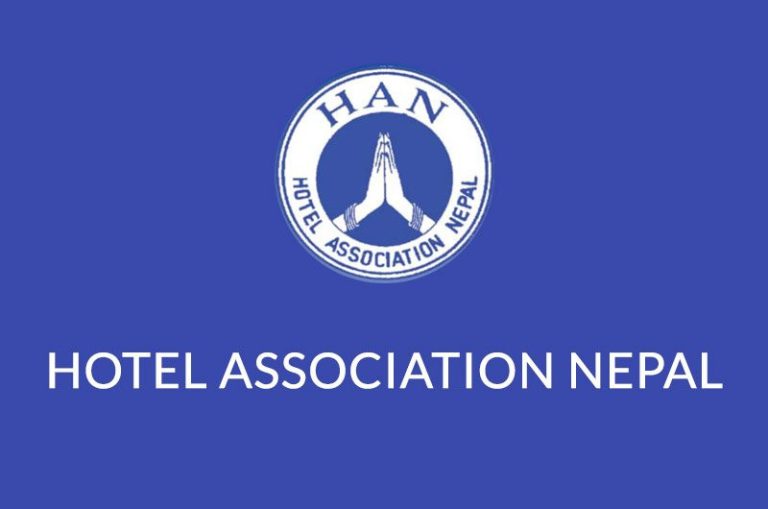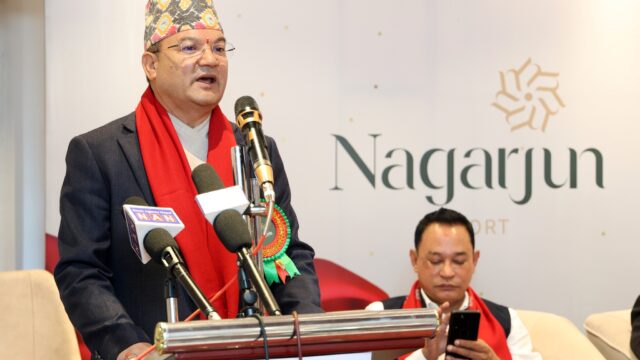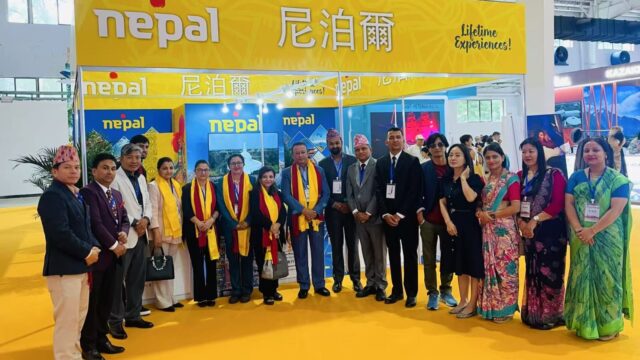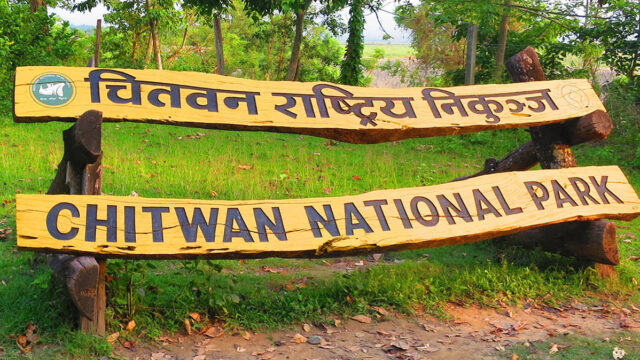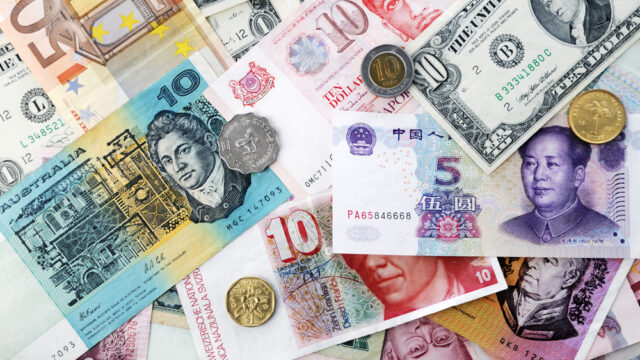The Hotel Association Nepal (HAN) has urged the Nepal Rastra Bank (NRB) to introduce a monetary policy for the fiscal year 2082/83 that ensures the effective implementation of tourism and hospitality programs announced in the national budget. HAN made this appeal during a formal meeting with NRB Governor Dr. Bishwo Nath Paudel, where the delegation called for concrete financial strategies to support the ailing hotel and tourism industry.
In an official press release, HAN noted that Governor Paudel responded positively to the suggestions and acknowledged the need for collaborative efforts to revive the tourism sector.
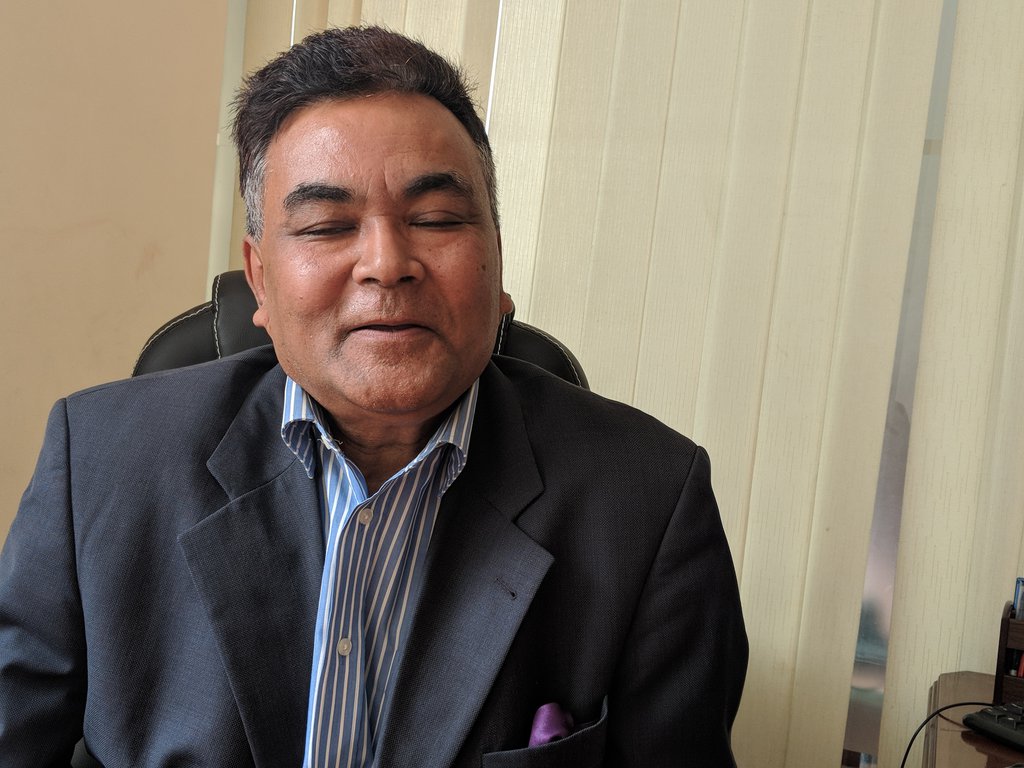
Rising Operational Costs a Major Concern
During the meeting, HAN President Binayak Shah expressed concerns over the escalating operational expenses faced by hotel entrepreneurs across the country. “Due to inadequate infrastructure management and unstable tourism flows, both direct and indirect costs have soared, putting immense pressure on hotel operations,” Shah stated.
He highlighted that many hotels are operating at very low occupancy levels, making it increasingly difficult for owners to meet regular financial obligations such as loan repayments. “Even paying installments has become a challenge,” he said, urging NRB to create provisions where hotels can repay loans under special industrial terms, including concessional interest and deferred repayment options.
Call for Dollar Transaction Facilitation
Another key request made by HAN was for NRB to ease foreign currency transactions for the hotel industry, especially in light of increasing tourist arrivals from countries with higher spending capacity. President Shah emphasized the need to expand the existing limits on foreign currency top-ups, particularly for large star-rated hotels that host high-spending international visitors.
He proposed that NRB should allow hotels to access prepaid dollar cards or dollar credit cards in their institution’s name to manage guest expenses efficiently. Furthermore, he pointed out that while Nepal allows incoming tourists to carry up to USD 5,000, the current provision only allows them to exchange USD 300 at a time, which is inadequate for guests staying in high-end hotels.
“This limit restricts the spending capacity of international tourists and ultimately affects hotel earnings and service delivery,” Shah added. He called on NRB to reconsider this cap and align it with international tourism practices.
Special Industrial Status and Policy Concessions Sought
The suggestion document submitted by HAN also underscored the importance of recognizing the hotel industry as a national priority sector. With tourism being one of Nepal’s major economic pillars, HAN argued that hotels should be granted incentives similar to those provided to special and productive industries.
This includes interest rate concessions, access to refinance schemes, and flexible loan restructuring facilities. The proposal also urged NRB to ensure that loan interest rates for hotels do not exceed one percent above the base rate, helping the industry recover from the financial setbacks caused by the COVID-19 pandemic and ongoing global economic challenges.
Support for Regional Tourism and Currency Flexibility
HAN further advocated for monetary policies that support regional tourism growth, particularly from SAARC nations. Shah pointed out that Nepal is seeing increasing tourism demand from Bangladesh and Sri Lanka, and to tap into this market, the NRB should allow travelers from these countries to make payments in their native currencies, Bangladeshi Taka and Sri Lankan Rupees.
“This would simplify transactions for tourists and improve regional tourism connectivity,” he said, noting that Nepal’s tourism policy must now reflect regional trends and visitor preferences.
Post-Pandemic Recovery and Strategic Policy Alignment
The hotel and tourism industry in Nepal is still in recovery mode after the significant impact of the COVID-19 pandemic. Despite the gradual increase in international and domestic tourism, financial stability remains elusive for many businesses in the sector.
HAN believes that a monetary policy aligned with tourism revival strategies can help sustain this progress and drive long-term growth. The association’s suggestions aim to build synergy between fiscal policy, monetary instruments, and real-time challenges faced by hospitality operators.
The meeting with NRB is part of HAN’s broader initiative to work closely with government agencies, financial regulators, and private sector stakeholders to ensure that the budget allocations for tourism are not only announced but also meaningfully executed.
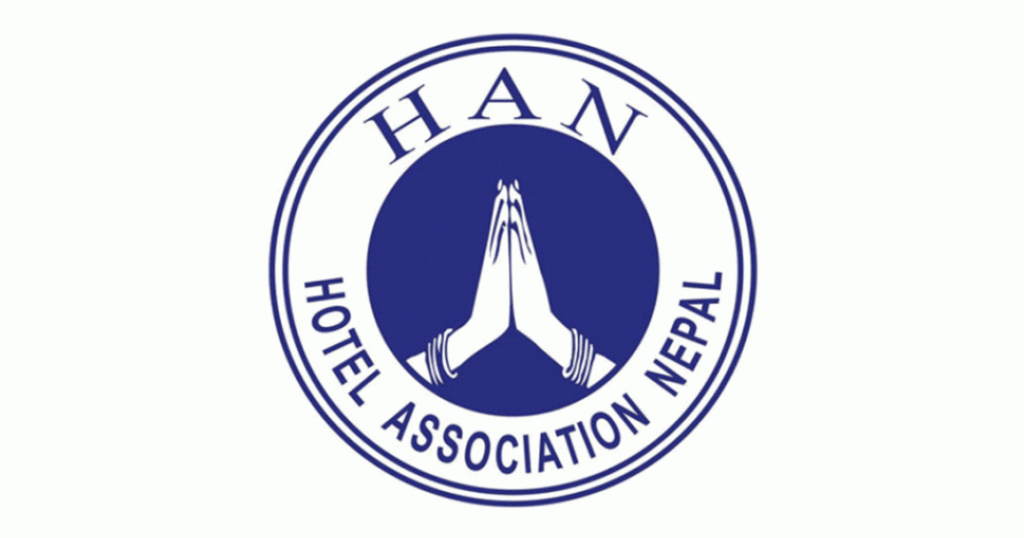
Tourism Recovery Depends on Coordinated Financial Support
In light of Nepal’s ambitions to promote itself as a premier tourist destination in South Asia, effective collaboration between the private sector and regulatory authorities is more important than ever. HAN’s recommendations to the Nepal Rastra Bank serve as a timely reminder that policy alignment, access to finance, and operational flexibility are essential for the sustainable recovery and future growth of the tourism and hotel industry.
Governor Paudel’s positive reception of the suggestions has offered some optimism, and stakeholders now await concrete steps in the upcoming monetary policy that could pave the way for a more resilient and competitive hospitality sector.
